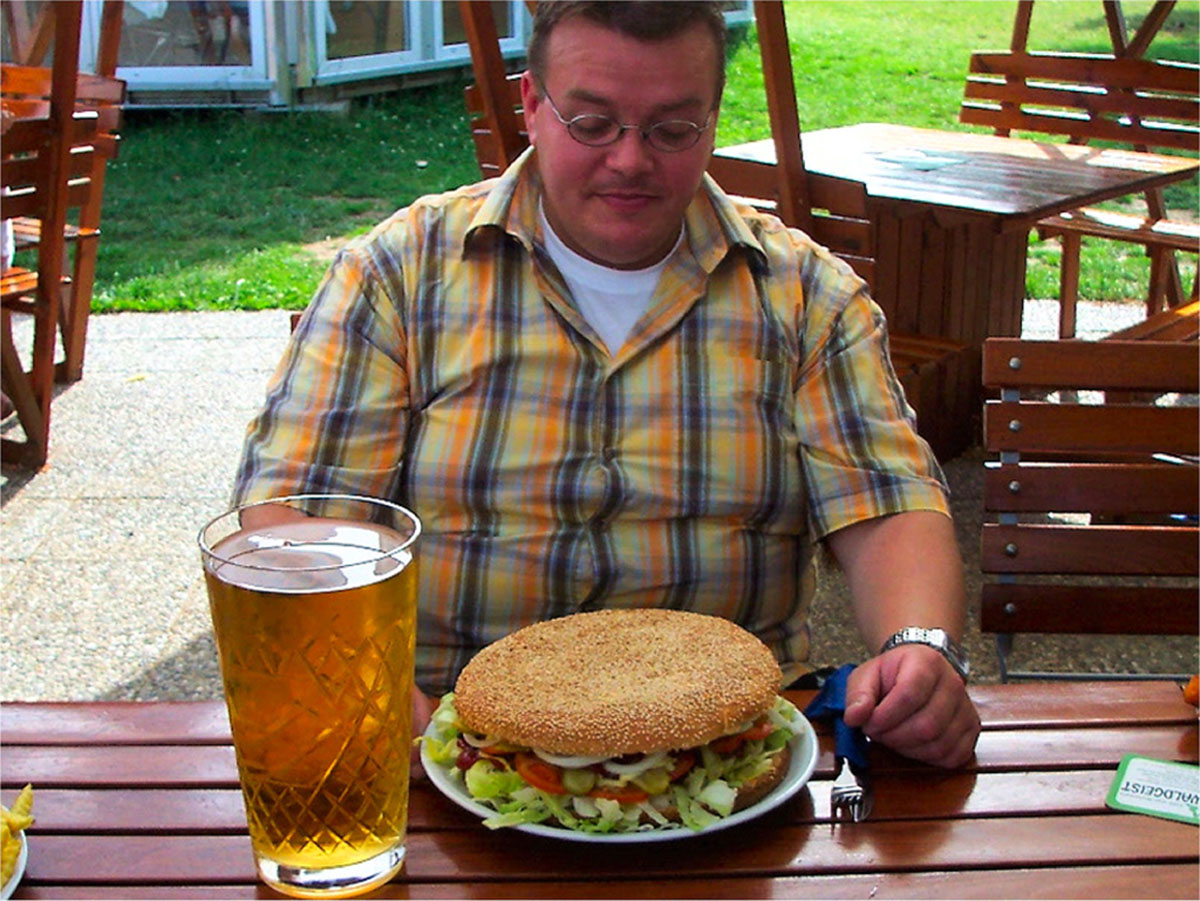Table of Contents
Obesity, especially in the United States, has been an issue and growing concern over the last couple of decades. It leads to the rapidly increasing cost of healthcare since it is associated with a whole range of health complications. Recent opinions suggest that obesity may be as dangerous and costly for an individual as smoking. It is no wonder that in the face of obesity epidemics the researchers are paying particular attention to the benefits and advantages of non-pharmaceutical interventions and lifestyle modifications.

The lifestyle program consisted of 150 minutes per week of physical activity, which is the current recommendation for physical activity. The participants were followed for an average of 2.8 years and then the incidence of diabetes was compared between the groups. It was found that lifestyle modification reduced the overall incidence of diabetes by 58 percent. This was more significant than the effect of the regimen of metformin (31 percent decrease). While metformin was effective for reducing the overall markers of diabetes, a lifestyle modification program produced better results.
Hypertension, Stress Management And Lifestyle Modification
Diabetes is not the only chronic condition where the benefits of healthier lifestyle are comparable or better than the benefits of medications. Researchers have examined how lifestyle modifications and stress management can influence chronically elevated blood pressure. In one study, 122 individuals were subjected to eight weeks of either lifestyle modification or stress management program. It was shown that a significant amount of participants in both groups were able to eliminate an anti-hypertensive medication and maintain an adequate blood pressure, thus suggesting that a lifestyle modification program including relaxation techniques can help to lower hypertension levels among the individuals at risk.
Prehypertension And Exercise
Hypertension develops via the stage of so-called prehypertension, when the person’s blood pressure is elevated but not to the level that causes serious concerns. The condition is very common and is estimated to affect approximately 25 million Americans. Anti-hypertension medications can achieve quick results in reducing the blood pressure, but they cannot eliminate the underlying cause of this condition, which can eventually develop into hypertension if medication is discontinued.
A recent review has summarized the existing body of knowledge in regards to the approaches to the management of prehypertension.
See Also: Do Natural Hypertension Treatments Work?
When discussing the matter of childhood hypertension, this review recommends enrolling children in sports and to develop daily exercise habits as a “daily medication” for controlling blood pressure, among other aspects of health. The use of prescription medication continues to rise worldwide, but multiple evidences suggest that lifestyle modification programs can be as effective, and often even more effective, than medications in managing some of the most common chronic conditions for which medications are used.
- Collier, SR, Landram, MJ 2012, “Treatment of prehypertension: lifestyle and/or medication”, Vascular Health Risk Manager, Vol. 8, pp. 613-619
- Dusek, JA, Bibberd, PL, Buczynski B, Chang, BH, Dusek, KC, Johnston, JM, Wohlhueter, AL, Benson, H, Zusman, RM 2008, “Stress management versus lifestyle modification on systolic hypertension and medication elimination: a randomized control trial”, Journal of alternative and complementary medicine, Vol. 14, issue 2, pp. 129-138
- Knowler, WC, Barrett-Connor, E, Fowler, SE, Hamman, RF, Lachin, JM, Nathan, DM 2002, “Reduction in the incidence of type 2 diabetes with lifestyle intervention or metformin”, New England Journal of Medicine, Vol. 346, issue 6, pp. 393-403
- Rynders, C, Weltman, A, Delgiorno, C, Balagopal, P, Damaso, L, Killen, K, Mauras, N 2012, “Lifestyle intervention improves fitness independent of metformin in obese adolescents”, Medicine and Science in Sports and Exercise, Vol. 44, issue 5, pp. 786-792.Photo courtesy of Oskar Annermarken via Flickr: www.flickr.com/photos/oskarannermarken/6347508912
- Photo courtesy of Colros via Flickr: www.flickr.com/photos/73416633@N00/429328676


Your thoughts on this